What is the Best Coffee for Percolators?
This post may contain affiliate links which means I make a commission if you shop through my links.
Disclosure Policy
If you are wondering what type of coffee is best for percolators – I have good news! You can use just about any coffee in a percolator to make the best cup.
But there are a few things that can affect the taste – so you want to pay close attention to these factors:
- Type of grind
- amount of coffee grinds to amount of water ratio
- and the type of percolator that you have.
I am a huge fan of a good, strong cup of coffee. And I find that using a percolator is the best way to get that bold taste.
You are probably familiar with a how a percolator works – since you are looking for the best coffee for percolators.
But I will go over the basics first, so you can better understand how you can use your favorite brand of coffee in this type of coffee maker.
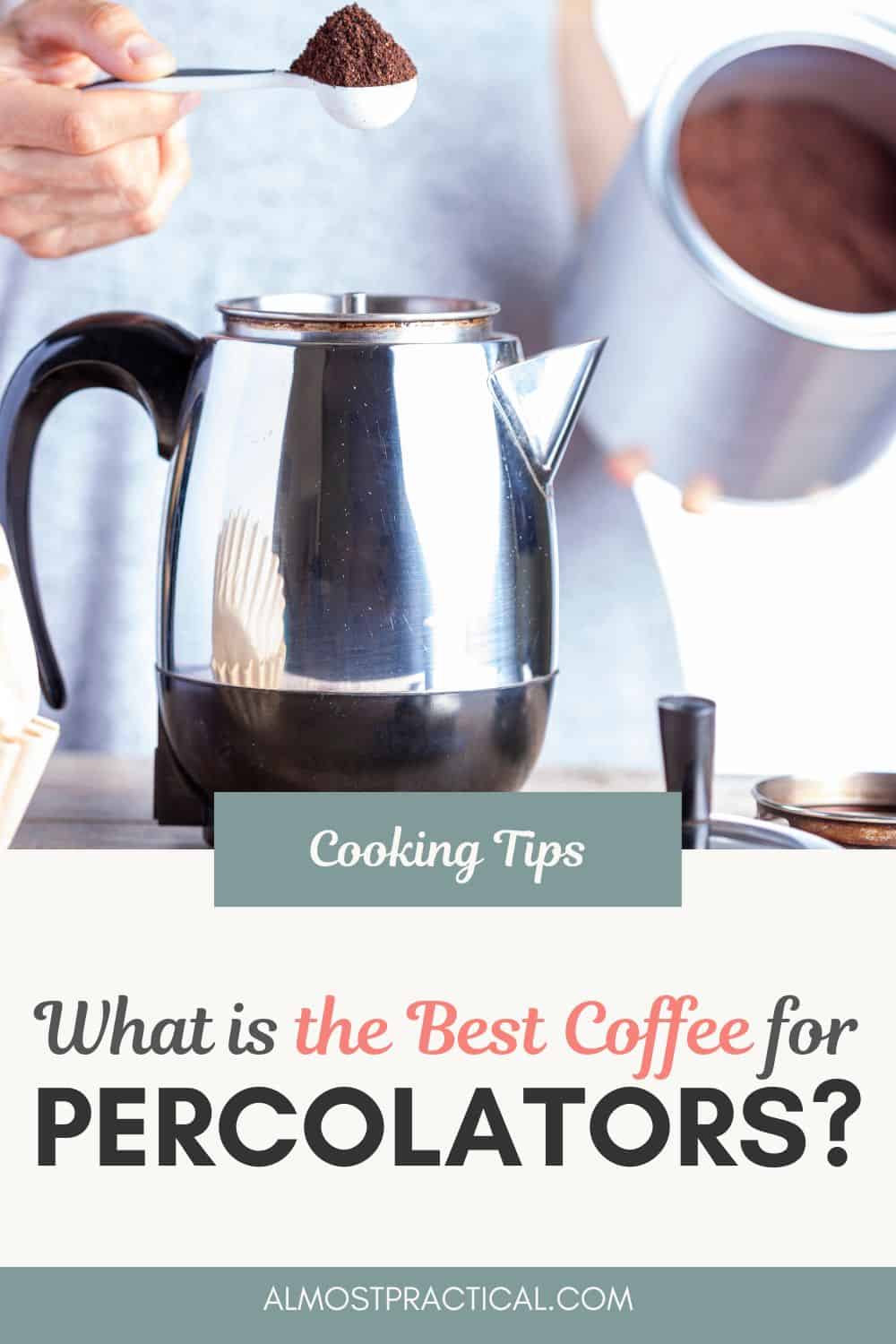
How a Percolator Works
Percolators are kind of a throwback way to make coffee. They’ve been around for decades and used to be a staple in every kitchen.
Over the years percolators gave way to drip coffee makers, single serve machines like Keurig, and now even specialty coffee machines that you can use to whip up espressos and cappuccinos on the daily.
But if you are looking for a hot steaming cup of strong coffee – nothing beats a percolator (in my opinion).
A standard percolator has a tray (with holes in it) for the coffee grounds at the top of the unit and a hollow tube (sort of like a long metal straw) that supports the coffee ground tray at the top and runs down into the base of the unit.
The heating element for the percolator is in the bottom or the base.
As the water inside the percolator heats up it causes pressure from steam to build which pushes the water up through the center tube.
This water spouts out over the top of the coffee grounds and then filters back into the main chamber of the percolator – and the process continues to repeat until the brewing process is done.
In theory, this results in a nice strong cup of coffee because not only are you pushing water through the coffee grounds (like a drip coffee machine) but you are then essentially pushing partially brewed coffee back through the coffee grounds with each cycle.
How to Make the Perfect Cup of Coffee in a Percolator
Once you understand how the percolator works, you can see that any type of coffee should work just fine.
If your percolator coffee tastes weak – then you likely have to adjust your coffee to water ratio.
The best way to do this is through trial and error – as long as you take good notes.
Yes, I said notes!
Amount of Coffee and Water to Use
This is my recipe to brew the perfect cup of coffee – and it works for percolators too. Use the following ratios of coffee to water as your starting point.
These ratios will vary depending on the type of coffee you are using and your own individual taste among other things.
- 3 heaping tablespoons coffee with 4 1/2 cups of water
- 4 heaping tablespoons coffee with 6 cups of water
- 5 heaping tablespoons coffee with 7 1/2 cups of water
- 6 heaping tablespoons coffee with 9 cups of water
- 7 heaping tablespoons coffee with 10 1/2 cups of water
- 8 heaping tablespoons coffee with 12 cups of water
What Kind of Coffee Grounds to Use
The grind of coffee that you use in a percolator may not noticeably change the taste of your coffee – but it can effect the amount of grinds that make their way into your actual cup of coffee.
As I mentioned above, the tray that holds the coffee grounds has holes in it to allow the water to filter through the grounds and flow back into the water chamber.
If the coffee that you use is ground very fine the some of the grinds will slip through those holes and end up in your coffee.
So, the best grind to use in a percolator is somewhere between a medium and coarse ground.
Also, with any coffee maker, fresh ground whole coffee beans will give you the best taste.
Ideally, you can use a home whole bean grinder with presets like this coffee grinder from Cuisinart – and set the grind to be somewhere between medium and coarse.
Another option is to use a coffee filter in your percolator – and they do actually make filters for this purpose. Here are some choices:
If you decide to go this route – be sure to check the measurements to see if it fits in your percolator before you order.
Coarse Ground Coffee for Percolators
If you don’t plan to grind your own coffee, here is a list of coarse ground coffee that you can try.
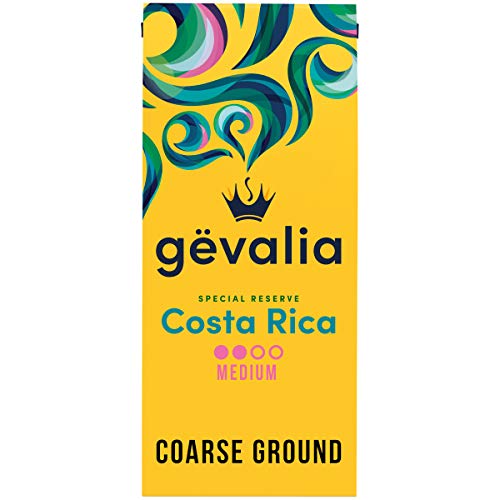
Gevalia Special Reserve Costa Rica Medium Roast Ground Coffee
This Gevalia medium roast coffee is Made from 100% Arabica coffee beans sourced exclusively from Costa Rica's highland valleys in mineral-enriched volcanic soil.

Tim Hortons Coarse Grind Original Blend
While this Tim Hortons Coarse Grind Original is not marketed specifically for percolators, some of the reviewers on Amazon did mention that it worked in their machines.

Gevalia Special Reserve Guatemala Single Origin Medium Roast Coarse Ground Coffee
This Gevalia Guatmala medium roast coffee is Made from 100% Arabica coffee beans sourced exclusively from high-altitude mountains of Guatemala. It is also coarsely ground.
I have to say that I had a really hard time finding coarsely ground coffee options that were not specifically for cold brew. And honestly, I am not sure if coarsely ground cold brew formulations would work for making a hot cup of coffee in a percolator.
If you have tried it – please leave a comment below to let me know the brand of coffee you used and how it turned out.
I will tell you that I usually use regular ground coffee in my percolator with no major issues. Maybe a few grounds make it into the coffee but they settle at the bottom of the pot – so, it hasn’t been a big deal for me.
What Type of Percolator To Use
Another thing to consider when it comes to the taste of your percolator coffee is the type of percolator that you use.
Typically, you can either get an electric percolator or a camping style or stove top percolator.
I have only used the electric style and I prefer that because it will automatically shut off when the brewing is complete.
With a stove stop style, I imagine you would have to remove the coffee from the heat at the appropriate time.
If you leave the coffee on the stove for too long, you may get a burnt or bitter taste in your coffee.
Electric Percolator Options

Presto 6-Cup Stainless-Steel Coffee Percolator
In my mind Presto has always been synonymous with percolators. It makes a great cup of coffee and this 6 cup style makes enough to share - if you have to.
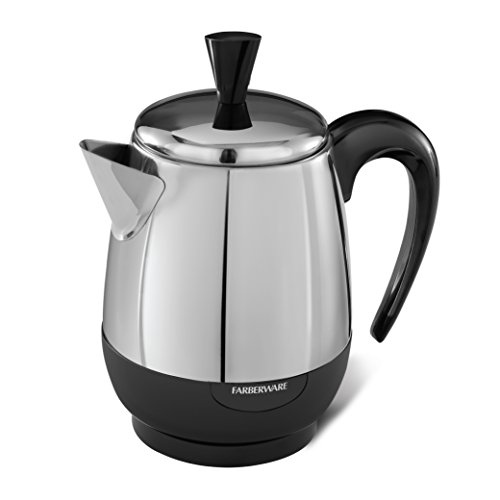
Farberware 2-4-Cup Percolator, Stainless Steel
This little percolator from Farberware is too cute! If you are the only coffee drinker in the house, then this pot will make just the right amount.

Cuisinart Classic 12-Cup Stainless Steel Percolator
Cuisinart gets in on the game with this elegant 12 cup percolator - which is perfect for families that love that second cup or for small gatherings.
I love the glass knob on the lid where you can see the coffee perking away.
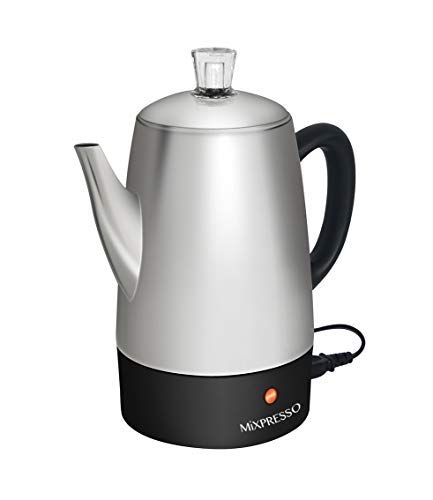
Mixpresso Electric Percolator
Mixpresso makes this 10 cup percolator which falls right in between some of the other sizes. It also has a glass knob on the lid to watch your coffee as it perks.

iMiGoo Portable Coffee Maker 8 OZ Single Cup Coffee Percolator and Tea Maker
If you want your percolated coffee on the go - this unique portable percolator is for you.
Stove Top Coffee Percolator Options
If you prefer to perk your coffee on the stove – then here are some options to consider.

Farberware Classic Stainless Steel Yosemite 12-Cup Coffee Percolator
This beautiful 12 cup stove top coffee percolator from Farberware would look beautiful in any kitchen.

GSI Outdoor Percolator Enamelware for Brewing Coffee over Stove & Fire
If you are looking for something more outdoorsy - this 12 cup enamelware camping percolator comes in a few different colors and can be used on either a stove or a campfire.

Coleman 12-Cup Stainless Steel Coffee Percolator
This Coleman 12 cup stainless steel percolator can be used outdoors but looks nice enough to use inside as well.
What Coffee Do You Use In Your Percolator?
Although any type of coffee works in a percolator (it really is about getting the coffee to water ratio just right) I would love to hear about your favorites in the comments below.

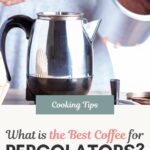


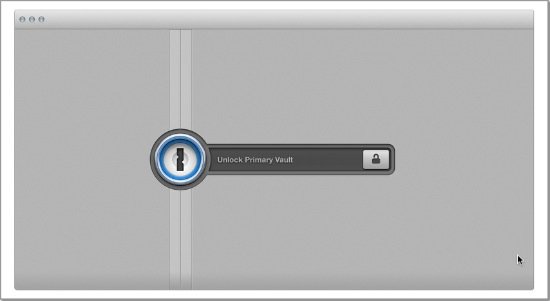
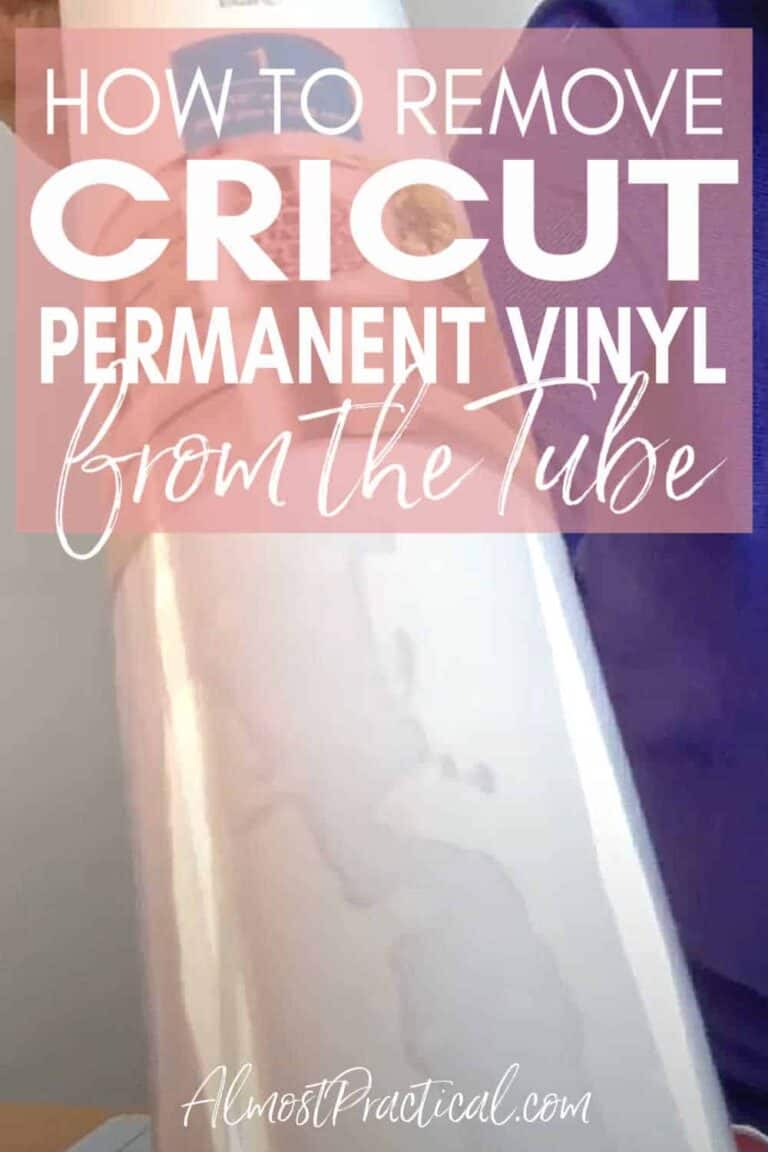
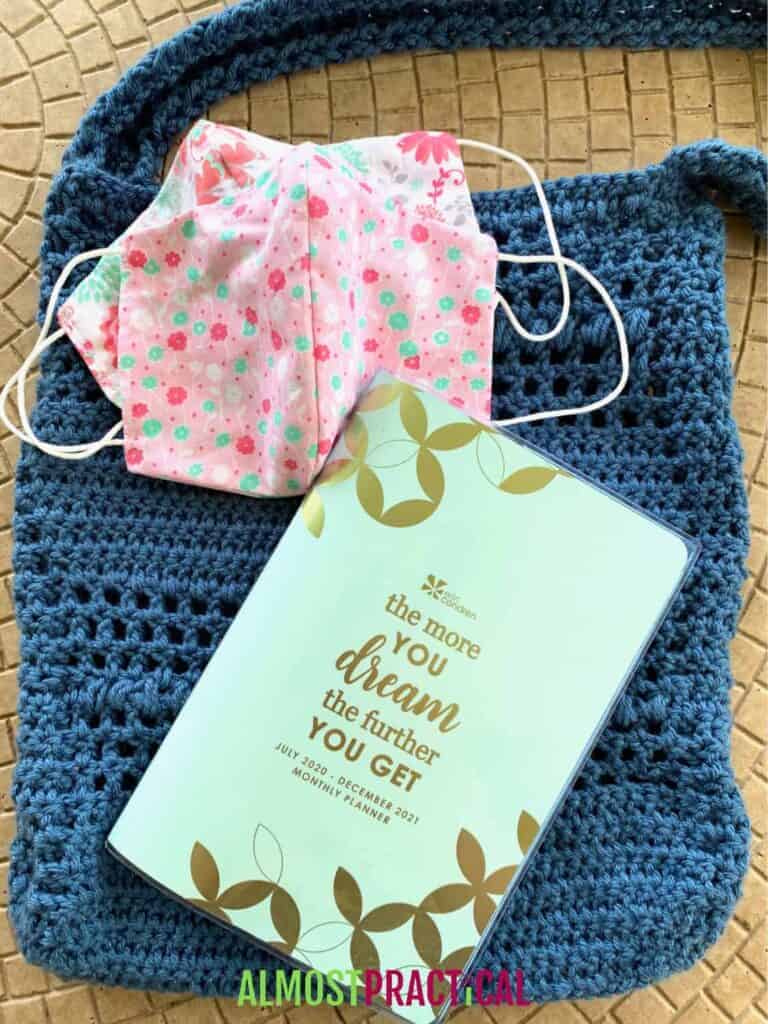

Thanks for the tips, we’ve been drinking percolator coffee for a couple years now, after tiring of single cup and drip coffee makers, which I also find lacking in strength and flavor. There’s something very nostalgic about percolators as well, since that was all my long passed parents would drink.
Cheers,
Ben
Ben my thoughts exactly!
My Aunt only had a percolator and her house smell so good all day!
Rick